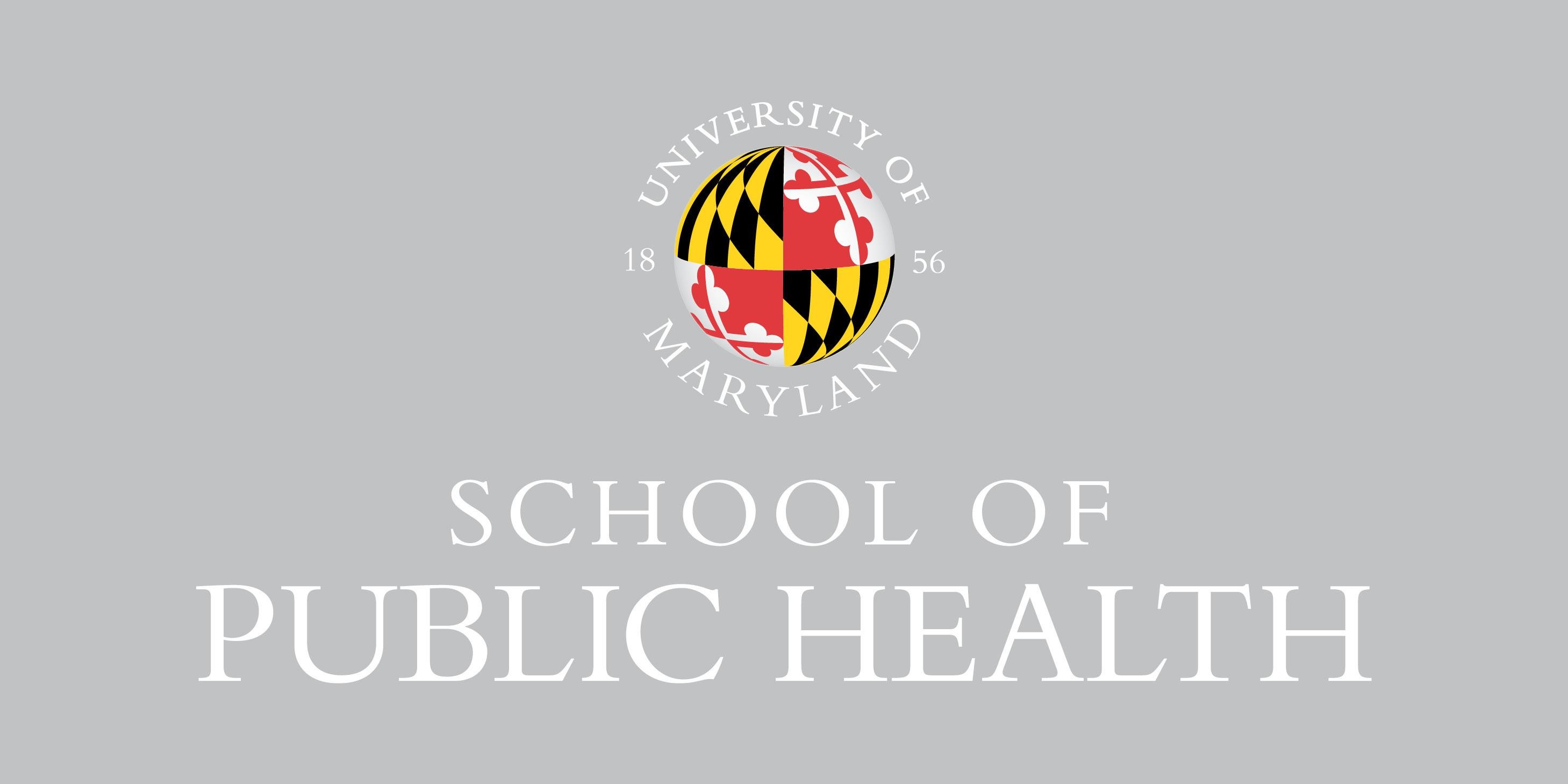

Associate Chair and Associate Professor, Health Policy and Management
In an editorial published in the Journal of Adolescent Health, Dr. Dylan Roby writes that the uneven state implementation of Medicaid expansion harms young adults, especially during the COVID-19 pandemic.
The expansion of Medicaid in 36 states under the Affordable Care Act (ACA) has helped millions of people gain insurance coverage and access to care or improved care, says Roby, who is an associate professor of health policy and management in the University of Maryland School of Public Health. But, in 14 states that didn’t expand Medicaid to childless adults and higher income parents, 2.1 million adults are still uninsured.
“Health insurance coverage is important in facilitating access to health care, protecting individuals from financial distress, improving early diagnosis of disease, improving health outcomes and reducing health disparities,” Roby states.
And in the era of COVID-19, Medicaid is even more vitally important. People who lose their jobs or are facing reduced incomes can quickly enroll in Medicaid if they meet the income eligibility guidelines set by their state. In a companion research article in the same issue of Journal of Adolescent Health, Drs. Cha and Brindis found that expanding access to Medicaid for childless young adults improved insurance coverage, access to care, financial security, hospital operating margins, and state economies.
“Individuals and families in the 14 states that did not expand Medicaid will suffer disproportionately from lack of health insurance, which already harms the most vulnerable among us,” Roby said. “...We should protect them by ensuring additional federal funding and oversight exists to maintain or expand eligibility levels, preserve benefits and guarantee adequate provider reimbursement.”
Related Links: